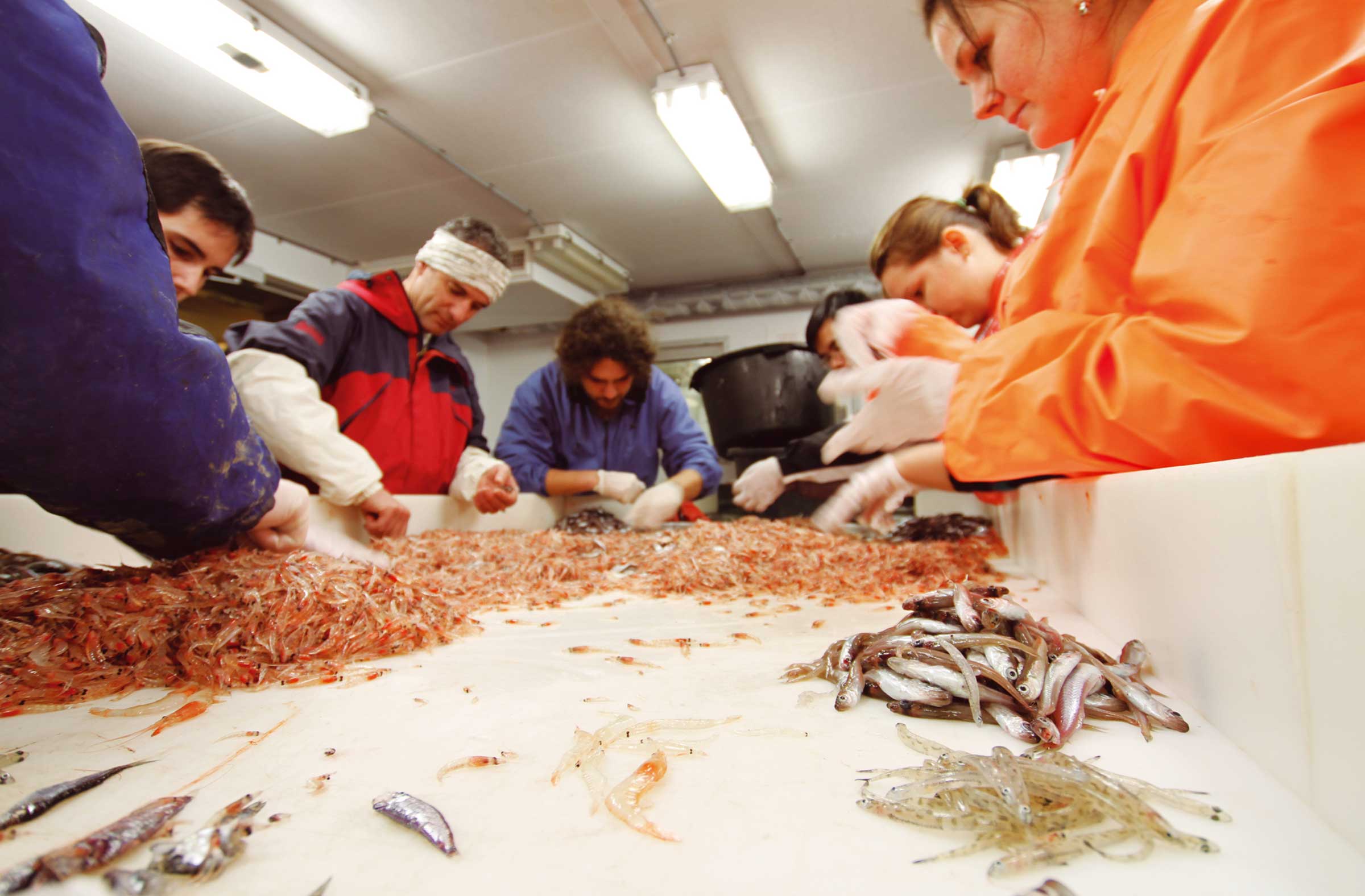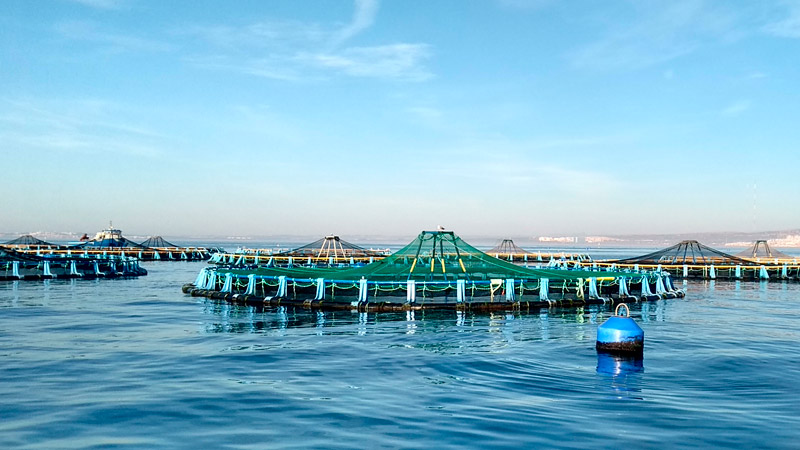DISCARDLESS
Working for less discards

Key results
Project partners also developed a series of tools, freely accessible online via a single repository that gathers, synthesises and disseminates the knowledge produced by DiscardLess. So far, tools include a manual of existing selective gear devices and their effectiveness, proposed solutions based on interviews featuring fishers’ responses to LO regulations, and a catalogue containing over 30 valorisation products and a methodology for selecting the most promising ones in each case study. Also included is a report on possible on-board handling of unwanted unavoidable catches for four different fleet segments in 3D, together with a simple cost-benefit tool to estimate the economic feasibility of investing in the solutions.
—
European fisheries should operate without discards. This aim has been clearly expressed by both the European Union (EU) and other fishing nations in Europe, together with the overall intention to reduce the environmental impact of societies. In accordance with this, the landing obligation in the new EU Common Fisheries Policy (CFP) aims for a gradual elimination of discards of commercially exploited stocks on a case-by-case basis (EU, 2013). The landing obligation encompasses a subset of the catch only, whereby many species will still be legally discarded. This policy will thus lead to less discarding rather than discard-free fisheries. The name of our project reflects this important nuance.
DiscardLess will provide the knowledge, tools, and methods required for the successful reduction of discards in European fisheries. To achieve this, DiscardLess will work through collaborations between scientists, stakeholders and policy makers to support and promote practical, achievable, acceptable and cost-effective discards mitigation strategies, and to make the EU landing obligation functional, credible and legitimate.
The collaborative approach of DiscardLess will ensure that the developed tools, information and strategies will provide relevant, acceptable and cost effective means with a wide uptake in society which will result in the achievement of the goals of the landing obligation.
Data
| Funding |
Horizon 2020 – the Framework Programme for Research and Innovation (2014-2020) |
| Length |
March 2015 – February 2019 |
| Partners |
DTU Aqua (ccordinator) and 31 partners from 12 countries |
| More information |
http://www.discardless.eu |







